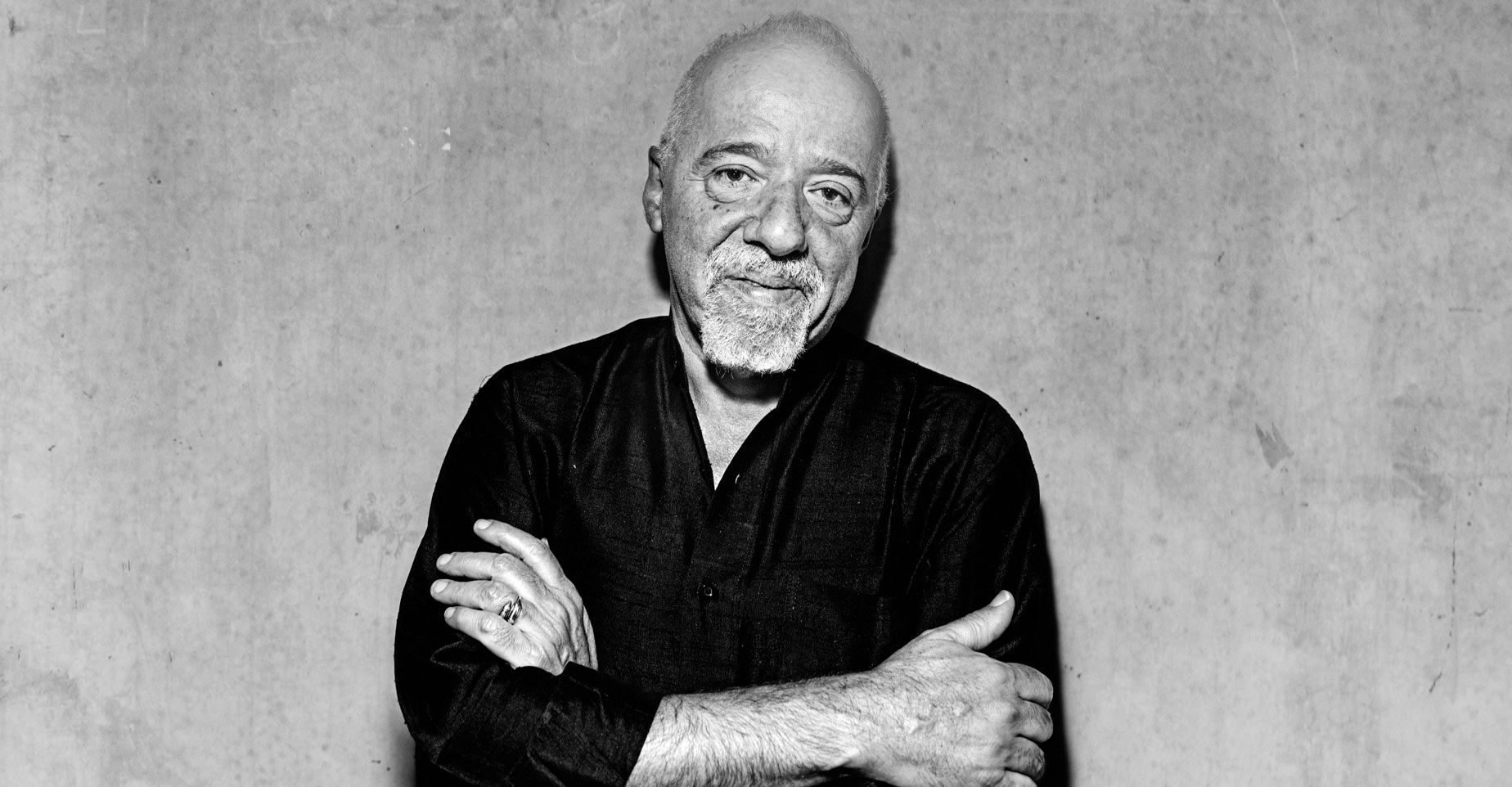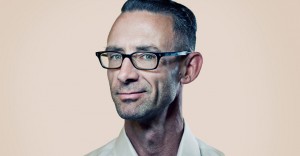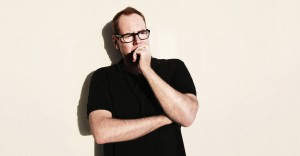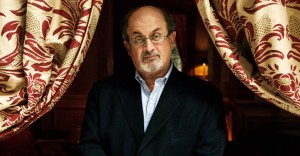Mr. Coelho, are you interested in building bridges between cultures?
For a writer you have to be interested in different cultures, different backgrounds. You are not there to write only about your village. You’re there to show a bit of your village, but also to understand other villages. Like Tolstoy says: everything that happens in a village happens everywhere.
Were you raised with that kind of approach?
As a child I was influenced by many different inputs and cultures – Arabic, Jewish, American – and I became interested like this. We did not select music that we were going to hear out of political correctness. We selected something that you either like or you don’t like. When I started writing I started seeing this input manifesting itself. And then I became interested.
Do you feel like we have more bridges between cultures today than in the past?
Today I see all the bridges collapsing. It seems that nobody is capable of understanding each other anymore. I feel it’s my duty as a human being, as a person who is trying – like everybody else who thinks about the state of the world – to enhance the importance of this multicultural connection. As long as you still have one bridge left, nothing is lost. But from the moment that you cannot even understand the storytelling or the music of other cultures anymore, then we become strangers to each other and the situation will become very complicated.
Well I’d say you are bridging cultures with your online presence – you have 22 million Facebook Likes, 9 million Twitter followers, and you have been blogging since 2006. Why are you so active on the internet?
It’s a new platform and as a writer I have to find platforms that can use this writing process. The internet is one of them. People are reading more and writing more now because of the internet. So the virtual world is a way for me to listen to my readers and interact with my readers. It is a way that they can voice their opinion. I like to be challenged with language, so I start to do texts for my blogs that people can download, can spread. There is no commercial interest behind it. It’s only for fun, like doing something that you really enjoy to do. I have texts that I write specifically for the internet and I put them there. I am interested in how readers also respond to the texts that I write to them.
Does it trouble you that the wealth of information also brings less credibility with it?
I’m not sure about that. I think the more information you can get, the better you can find information for your own purposes.
Is it true that you always look for a white feather before you start writing?
That’s true for starting the book. Meaning there’s a tradition back to The Pilgrimage, my first book in 1987. Back then I was not sure if I should write the book or not, I was in a moment of doubt. I was in Madrid and I said, “If today I see a white feather, that’s the sign that I should write.”
But what if you have a great idea and you really want to start writing, but you can’t find a white feather?
No, you normally find a white feather. The problem is to find a white feather in January or so. But it is possible. The moment that I find this white feather I start writing. But it has nothing to do with the contents of the book, it has to do with the book itself.
Do you have a similar sign that tells you what the book should be about or have you already decided by that point?
Of course I am a person that is very curious about what is going on in the world and there are a lot of subjects to write about, you meet a lot of interesting people. But one idea will be there and it will show up without any logic. It is a book that has been written in my heart before it is written into sentences. So I don’t choose. Normally it’s the book that chooses me.
So you don’t write with a purpose in mind?
I write because I need to share my thoughts with the audience. I don’t know if the books are making the world a much better place. I don’t write with that objective. What I know is that I see my readers creating a critical mass so we can at least understand this world in a different way. You need to change yourself. The moment that you change yourself it is a gigantic step. And this is what I do. The book is much more important than the writer.
But your personality is still very present in your work.
I am very present in my work and my work is somehow an expression of my soul, but at the same time I think that a writer cannot write out of nothing. You have two types of writers: one like Proust who was locked in his room and wrote the masterpiece À la recherche du temps perdu. And the other type was Hemingway who celebrated life and also wrote a masterpiece.
A central theme of The Alchemist, your most famous book, is the idea that one should live in the pursuit of his or her dreams. Does your life within that theory make perfect sense to you, or are you also still searching for something?
It makes perfect sense, but that doesn’t mean that I understand the sense. So the issue is not answering questions, but leaving discussions open. Not in the sense that probably one day you are going to have an answer or you are not going to have an answer. Just live your life, do what you have to do, what you are enthusiastic about doing.
Return to Top

Short Profile
Name: Paulo Coelho
DOB: 24 August 1947
Place of Birth: Rio de Janeiro, Rio de Janeiro, Brazil
Occupation: Writer





















Comments
write a comment, read comments